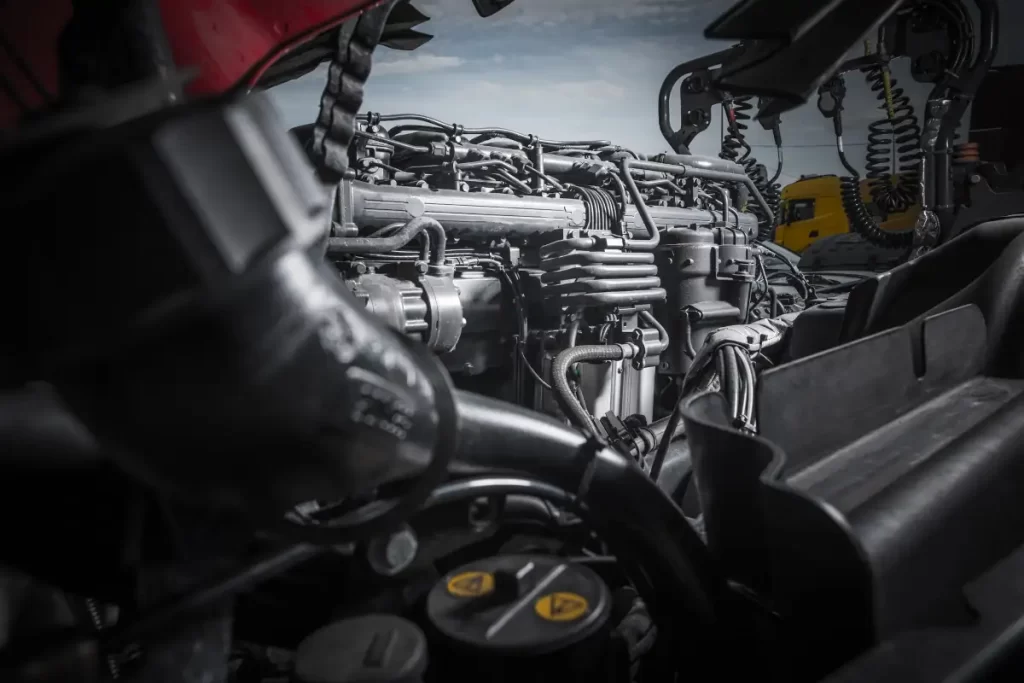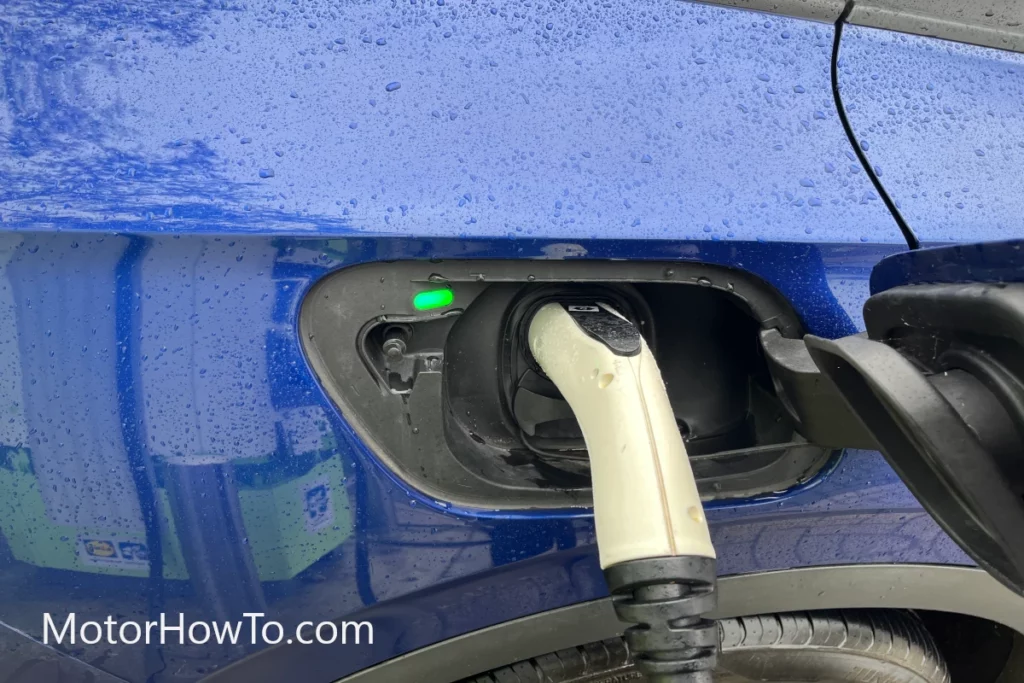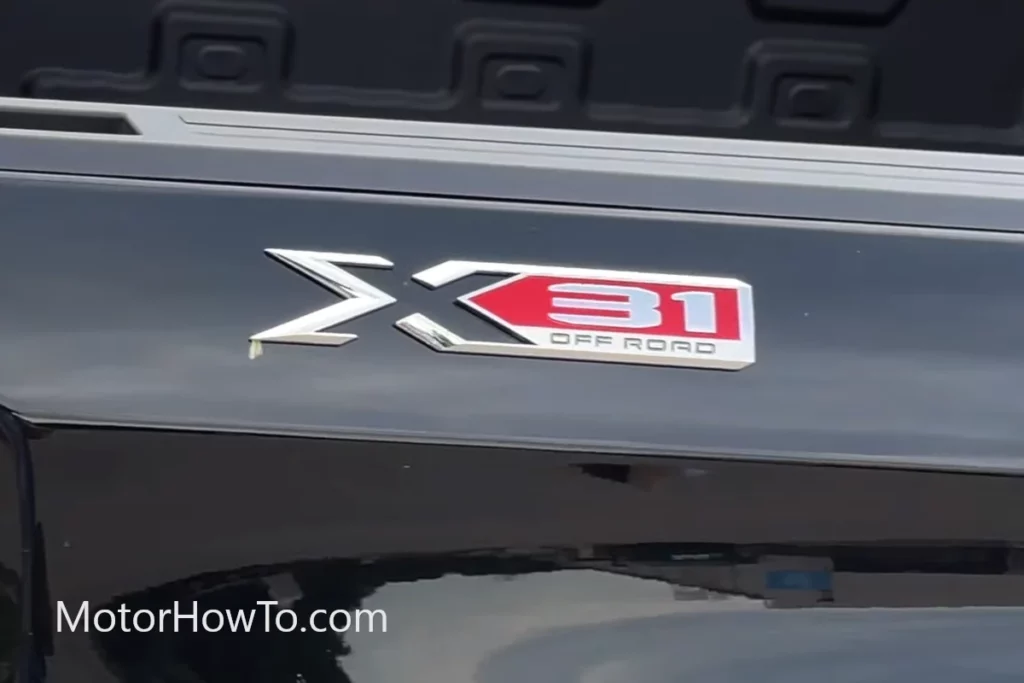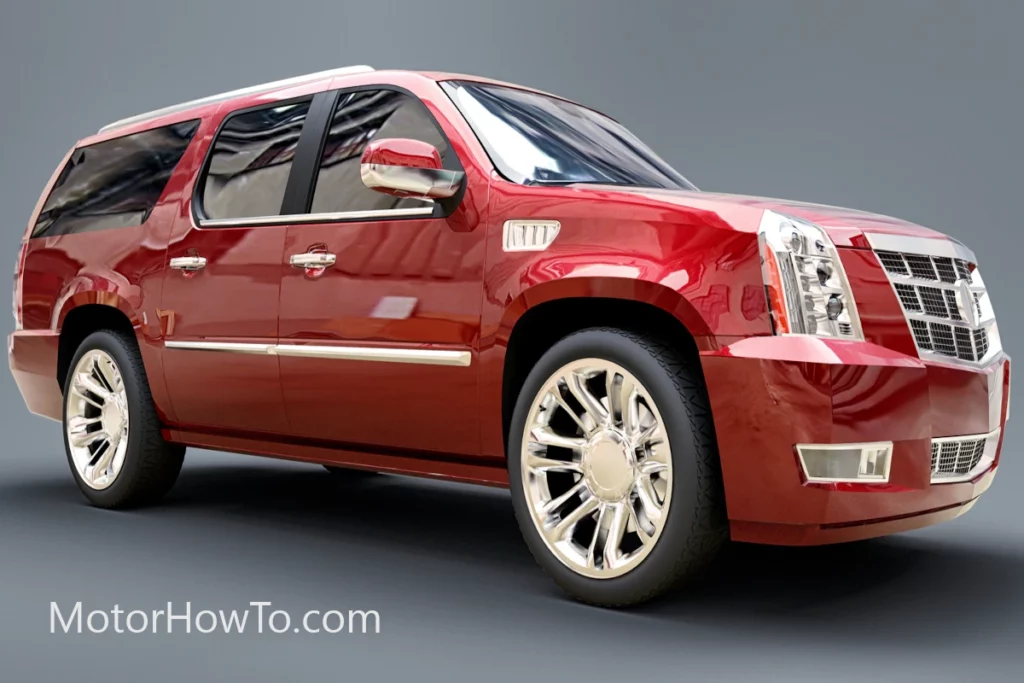Most diesel engines usually come with two engine braking methods, exhaust brake and Jake brake (aka Jacob’s break, compression release break, compression brake), two superior engine brakes operating in diesel engine vehicles.
The engine brakes serve powerfully at their levels but differ in their functioning.
Their work is to make the engine generate negative power that slows down your diesel vehicle.
However, each engine braking method used to accomplish outstanding performance differs.
So, the exhaust brake is not the same as the Jake engine brake because of the differences in functioning.
Let’s delve deeper and expound on how these two brakes differ.
Here’s the Difference Between the Exhaust Brake and Jake Engine Brake
These two engine brakes work best in diesel engine vehicles. However, they differ in functionality, usage, sound, cost, and legality. We shall discuss each aspect, but first, it is vital to understand that exhaust brakes are suitable for pickup trucks and small vehicles. On the other hand, Jake brake is a braking mechanism for large engines, giving optimum power to diesel engines.
- Here’s the Difference Between the Exhaust Brake and Jake Engine Brake
- What Are Some of the Pros and Cons of Exhaust Brakes?
- What are the Pros and Cons of Jake Engine Brakes?
- Is It Safe to Use the Exhaust Engine Brake Or Jake Engine Brake?
- Which One is Better – The Exhaust Engine Brake Or Jake Engine Brake?
- Conclusion
- Sources

It is also crucial to understand that engine braking means slowing down a vehicle by freeing the gas pedal, which develops a vacuum inside your engine, ultimately slowing down your car.
So, both Jake and exhaust brake are different forms of engine braking, specifically for diesel engines.
Having that understanding, let’s go deeper and see how the two function.
Functionality
How Exhaust Brake Works
First, the exhaust brake is a mechanism employed on diesel-powered engines to help slow and stop the vehicle without necessarily using the car’s wheel-mounted brake system. They usually create an additional exhaust system back pressure, leading to a drop in your car’s speed.
Additionally, the combination of exhaust and wheel-mounted brakes reduces stopping distance, especially for heavy and fully loaded vehicles.
The exhaust brake system usually works by absorbing the engine pressure in your exhaust system, which pressures the engine to rotate slower in a backpressure way.
What usually happens is that pistons move upward towards the cylinder bore to force used gases out of the engine through the exhaust valve.
So, when the exhaust brake comes in, and you close the butterfly valve partially, more force is usually produced to push the used exhaust gas from the engine.
The additional power produced by exhaust brakes slows the machine at a rotational speed so that your engine decelerates as your car slows.
Typically, the car computer carries out the entire operation in some exhaust systems. While in others, the driver may manually activate the exhaust brake.
Whatever approach is applied, a mechanism must close the butterfly valve partially, which is powered by hydraulic pressure or an electrically operated servo motor.
How Jake Brake Works
To use a Jake brake, drivers have to take the pressure off the accelerator and enable the Jake brake by simply flipping their engine brake switch. Usually, your engine will be activated when you utilize the accelerator or clutch.
Typically, the air is pushed into the engine cylinders and then to the intake valve. It leads to air compression and is then converted into energy for distribution. The pistons absorb the energy from the air and then send it to the rest of the car to create power.
So, once you activate the Jake brake, it pushes the air out of the exhaust valves rather than being utilized mainly to control the down-stroke and crankshaft.
As a result, the crankshaft slows the vehicle without any excess friction on your service breaks. A Jake brake is an engine retarder, utilizing the kinetic energy of your car’s engine to slow the truck without necessarily using the foot or service brakes.
Because of how this excellent engine brake works, drivers are usually advised to refrain from using it on slippery road surfaces. The Jake brake usually alters the driver tires, increasing the chances of leading to a jackknife or a skid.
If you want to use the engine brake to drag on icy or snowy roads, you must line up your tractor or truck to avoid jackknifing.
Engine Brake Usage
Jake brakes are designed well so that you can use them on heavy trucks and vehicles due to their braking efficiency.
They are effective, particularly on heavy loads going downhill where you can’t run your brakes the whole time as they heat up and disintegrate, so you need an alternative means of slowing down to maintain a safe constant speed. However, you can only use them in some cars.
On the other hand, you use exhaust brakes primarily for smaller trucks that do not need excess braking force.
You can use them in different vehicles, and they are not that loud, hence not prohibited in inherited areas.
Engine Brake Sound
Jake brakes give a much louder sound than the exhaust brakes.
Exhaust brakes are much calmer. However, they produce sound, and it’s not as loud as that of Jake brakes. Because of their less noise, many truck companies mainly use exhaust braking systems as an OEM option.
Engine Brake Fuel Efficiency
Both exhaust and Jake engine brake systems do not affect fuel efficiency. Engine braking usually doesn’t use any fuel.
Your fuel efficiency may only be affected if you are driving uphill because your truck will be moving against gravity, so you will have to burn excess fuel to get acceleration.
Engine Brake Cost
Jake engine brakes are usually quite expensive than exhaust brakes. Their average cost is about $2500, according to research by international trucks.
On the other hand, exhaust brakes are really pocket friendly. They cost around 1200-1400$. However, prices vary depending on the manufacturers.
Engine Brake Legality
Jake brakes are usually illegal in several areas because of their loud sound. You do not use them in inherited areas. However, some trucks can drive with Jake brakes on some highways.
While traveling to the end route, you may have probably stumbled upon a notice that says “No Engine Brake.” It usually implies the Jake brakes.
When you apply the Jake brakes while driving in those areas, they usually make a loud noise resembling gunshots. For people who like extremely loud exhaust trucks and cars typically love it.
Regarding exhaust brakes, they are usually legal, even in residential zones. People who don’t like loud sounds use them.
Some people wonder why exhaust brakes and Jake brakes are only for diesel engines. Here is the answer – While gasoline engines usually have throttle bodies specifically for regulating the amount of air entering the engine for compression stroke, the diesel engine may not perform engine braking alone. That’s why exhaust or Jake brakes comes in to assist with engine braking.
Jake braking or exhaust braking is a mechanism that many diesel engines need because they are pretty heavy and they are appropriate for creating an engine vacuum.
Related:
- Do Engines Have VIN Numbers? (Explained!)
- Is Open Exhaust Bad For The Engine? (5 Watchouts)
- Does Car Heater Work When Engine Is Off? (Explained)
What Are Some of the Pros and Cons of Exhaust Brakes?
Below are the pros and cons of exhaust brakes. Take a look.
| Exhaust Brakes Pros | Exhaust Brakes Cons |
|---|---|
| Creates Backpressure in the Cylinders: Its braking closes the exhaust path and prevents the gases from being disposed of through the exhaust pipe. Because of that, it creates back pressure in the cylinders, leading to the engine working backward hence slowing down your truck or vehicle. | The brakes on the exhaust are usually somehow less strong. |
| Drivers May Rely on them to Stop their Vehicles: If the car is not at a very high speed, drivers may utilize the exhaust only for slowing down and controlling their cars, hence regulating wear and tear on the service brakes. | Have a lower braking force and can only perform 60-80% of the work. |
| Helps to Prevent the Regular Brakes from Overheating: They usually help with the performance of normal brakes by stopping them from overheating, especially when driving downhill. | |
| They are Silent: They are calmer and more convenient to utilize regularly. | |
| Extends the Lifespan of Other Regular Brakes: By frequently using them to slow down your vehicle, you will spare the other brakes from damage, making them last three times longer. Exhaust brakes usually assist drivers in maintaining their cars in good condition, making them save some coins. | |
| Vehicles with Diesel Engines and Different Sizes May Highly Benefit from Exhaust Brakes: They make a car safer and more secure on the road. | |
| They are Cost Friendly: You will not spend that much money to acquire them. | |
What are the Pros and Cons of Jake Engine Brakes?
| Jake Engine Brake Pros | Jake Engine Brake Cons |
|---|---|
| Jake engine brake is more powerful. Its braking power is above 90%. | Quite expensive. |
| It usually prevents downward cylinder activity by freeing compressed gas, specifically within the cylinders. | Produce uncomfortable noise; Hence illegal to use them in many areas. |
| Jake brakes are efficient; hence you can use them on heavy trucks and vehicles. | You can only install them in some cars. |
| They are fuel efficient. | |
| They usually stop your regular brakes from catching fire because of overheating. | |
| Reduces vehicle’s maintenance cost |
Is It Safe to Use the Exhaust Engine Brake Or Jake Engine Brake?
When you use the exhaust engine brake or Jake engine brakes correctly, they won’t cause any harm to your engine. They are usually safe to use, but you must follow some instructions for outstanding performance.
Before starting your trip, ensure your oil is not relatively low. If you use your engine brake when the oil is shallow, you can damage it.
Additionally, allow the engine to warm up before applying any engine brake. If you use a Jake engine alongside a cold engine, this may lead to damage.
Refrain from allowing your diesel vehicle’s weight while heading downhill to force pass the RPMs above your engine’s optimum RPM limit.
Here are additional tips for using a Jake engine brake;
- You use a Jake brake on slippery or icy terrains. Always be knowledgeable of weather conditions before using it.
- Be keen with signages like no “Jake Brake” since they are usually placed in zones to prevent their use because of the noise they emit.
- Control the Jake brake by altering its range of about 1100-1400 RPMs. This will, in turn, assist in protecting your motor.
Which One is Better – The Exhaust Engine Brake Or Jake Engine Brake?
If we look at the performance, the Jake engine brake is usually more efficient and effective than the exhaust brake. The Jake brake mainly exerts breaking strength which is slightly above the rated power output of your engine.
On the other hand, an exhaust brake may only deliver 60 to 80% of performance. However, while the Jake engine brake seems to be superior, people do not prefer using it because of the too much noise it emits.
On the other hand, the exhaust brakes produce less noise, and you can use them anywhere while driving. There are no restrictions when using them compared to Jake engine brakes, which are not allowed in some residential areas.
So, the choice is yours, both of these brakes are good, it all depends on your preferences.
Conclusion
Although both exhaust engine brakes and Jake engine brakes are retarder systems, they are essentially different in their operations.
After reading this article, you now know that a Jake engine brake usually removes the compressed air that is pushed into the cylinders. While the exhaust engine brake mainly absorbs the engine’s air inside the exhaust system.
Additionally, we have seen both engine brake systems have their pros and cons, but one of the setbacks of the Jake engine brake system is that it is loud and noisy.
Most people usually compare their sound with that of a machine. However, despite their noises, they are powerful, efficient, and effective.
So, without a doubt, all the brakes are productive, but with Jake engine brakes, excellent performance is guaranteed.
Sources
Differences Between Jake Brake and Exhaust Brake
Exhaust vs Jake Brake: Loudness, Engine Damage, Pros and Cons
Jake Brake- What is it and How Do You Use It?
What is a Jake Brake and How Does it Work?
Exhaust Brakes; How Do They Work and What Benefits Do They Bring?



